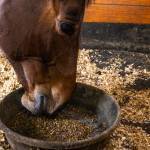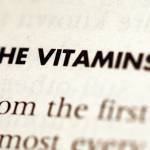Nutrition
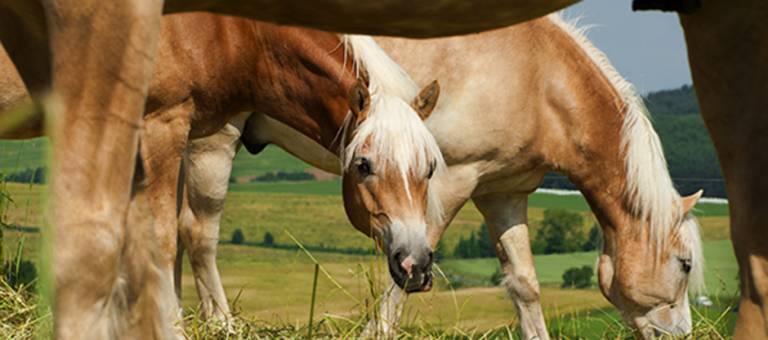
January 16, 2014
Avocados Can Be Toxic to Horses
Horses can safely eat many fruits and vegetables, but in the case of some innocent-seeming produce, the ingestion of
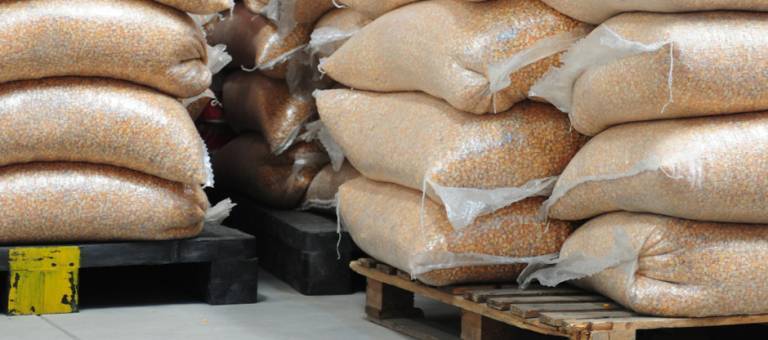
January 13, 2014
Understanding Horse Feeds
What a particular horse needs depends on factors such as age, stage of maturity, health status, level of
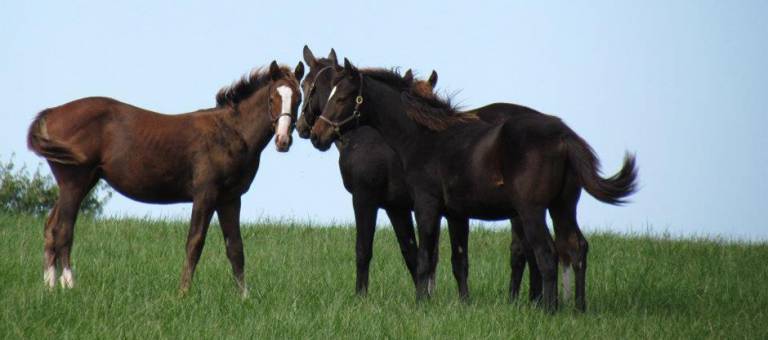
January 08, 2014
Role of Nutrition Management in Farm-Wide Incidence of Skeletal Problems
Many horse farms have had an occasional foal that is born with, or eventually shows, problems with proper skeletal development.
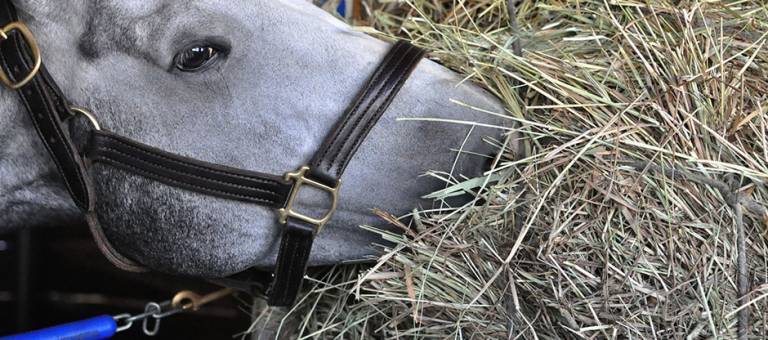
December 30, 2013
Colic Often Related to Feed Management
Many people engaged in the production of horses attribute miraculous healing and preventive qualities to feed and/or feeding management.

December 27, 2013
Feeding and Managing to Reduce Recurrent Exertional Rhabdomyolysis in Horses
A number of horses, predominantly fillies, have recurrent episodes of rhabdomyolysis (muscle cramping) with even light exercise. Recurrent exertional
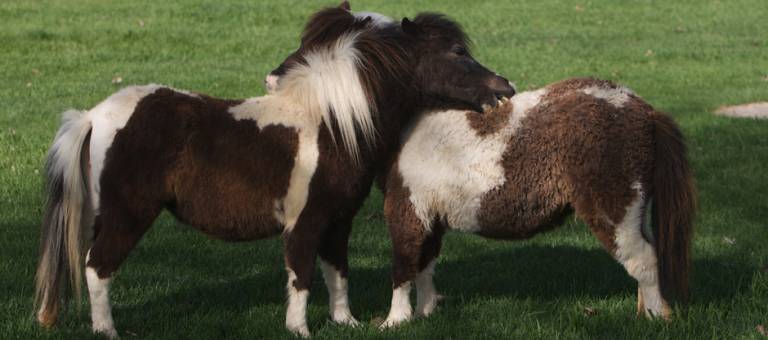
December 26, 2013
Diagnosis and Feed Management for Equine Cushing’s Disease
Horses that have equine Cushing’s disease can be managed best on a diet that produces a low glycemic response,
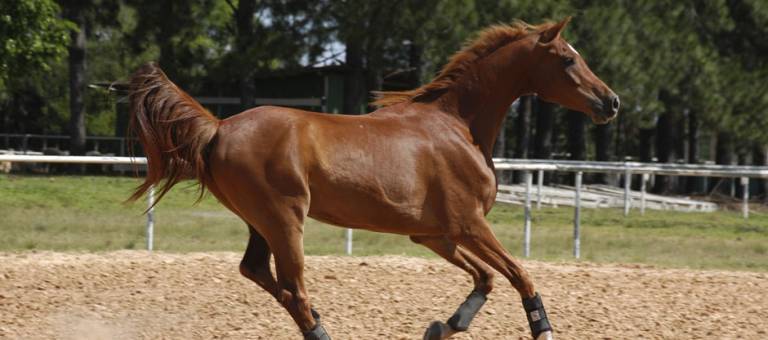
December 24, 2013
Vitamin C in Horse Diets
Vitamin C is perhaps one of the most misunderstood vitamins in horse nutrition. Known also as ascorbic acid, vitamin

December 23, 2013
Importance of Minerals and Protein for Bone Formation in Horses
The three major components of bone—calcium, phosphorus, and protein—must be made available at the site of bone formation. A
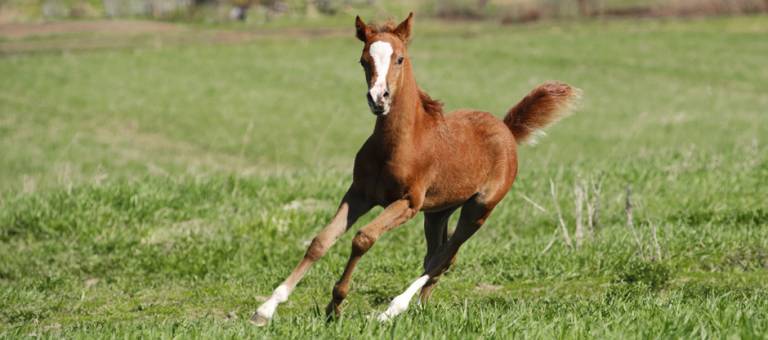
December 20, 2013
Adequate Selenium Intake Guards Against White Muscle Disease in Horses
Selenium deficiency is characterized by white muscle disease in foals. The skeletal muscle is pale to white in color
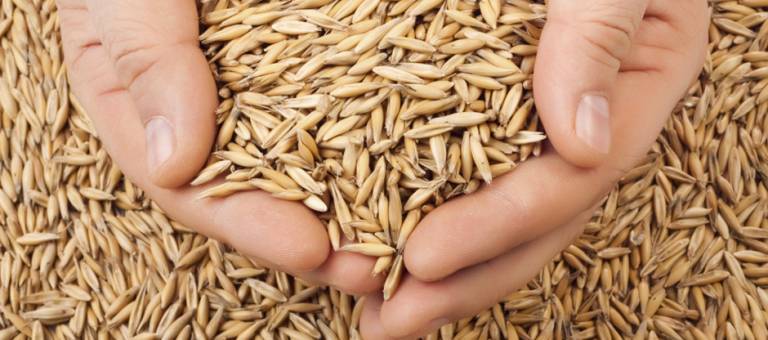
December 18, 2013
The Importance of Weighing Feed
By weighing feeds you not only know exactly how much your horse is getting daily, but also if your






